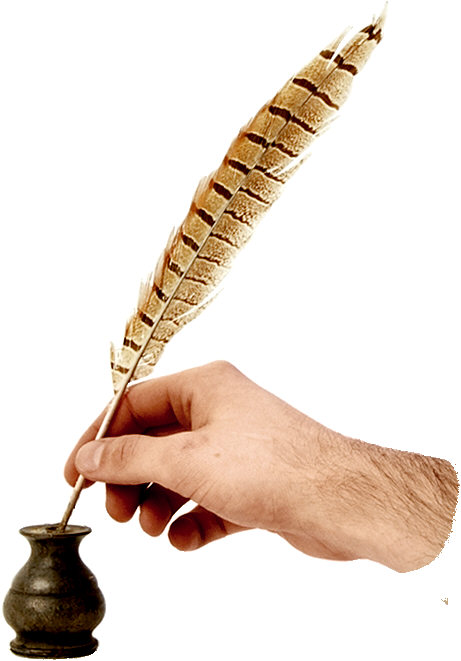Law Office of Suzanne M. Dugas & Associates Contact us: (810) 227-2702
Drafting a Will
Perhaps there are better things you could be doing than writing a Will. It is a difficult task because you are acknowledging a time honored fact. " You cannot escape Death or Taxes." It is a very difficult to embrace this concept without some apprehension and explains why many people will die without a Will.
There is nothing more important than to protect your loved ones upon your death. The questions you face in thinking about drafting a Will are numerous and ultimately come down to who will end up with all your possessions and wealth once you are gone. Who will take the antique table, the coin collection, the money and property? The question is answered when you draft a Will. It is through the Will that you name your beneficiaries.
A Will -101
A Will is many times referred to as a "I Love You" document. " I love my spouse and leave everything to my spouse, if my spouse predeceases me I leave everything to my children." A Will is a legal document where you, the testator, make a declaration as to whom shall receive your estate. In a Will you also name a personal representative (also referred to as a executor) who will manage your estate after you die and facilitate the final distribution of your estate assets.
A common reason for young people to think about drafting a Will is a desire to declare who will become guardian of any minor children of the relationship.
In the Will you can make specific distributions of that antique desk or coin collection. In Michigan the Law also provides for the use of a holographic codicil. This is a document attached to your Will, in you own handwriting with your signature. With the holographic codicil you make specific distribution of the antique table and coin collection to a named individual and amend or change the codicil at your cenvenience without the assistance of an attorney.
Can my spouse and I use the same will?
Although some state recognize a joint and mutual will, Michigan is not one of them. The statute specifically requires each spouse to have their own Will. It is probably realistic that you and your spouse will not die together. Separate Wills insure that property that is not jointly held will pass according to your wishes.
Separate Wills enable you to address many relevant issues presented in today's society such as non joint assets and children from a previous relationship.
Who Can Witness a will ?
A will must be witness by a "disinterested person" or a person who is not a beneficiary. A notary signature is required in Michigan and should be self proved which means the witnesses names should also be notarized.
What if I die without a Will?
If you have not prepared a valid Will and pass away, you'll have died "intestate". Your estate will be settled on the laws of the State of Michigan. The State will determine who are your heirs and who inherits what. Your estate will be Probated and the Probate Court will facilitate the process of transferring your assets according to the intestacy laws.
The Probate will also appoint a administrator to serve as your personal representative. This person appointed may be a stranger to you and your family. The Court appointed administrator may make decisions which may not coincide with your wishes or the wishes of your heirs.
.
.
Law Offices of
Dugas & Associates
Suzanne M. Dugas, J.D., LLM.
810 W. Grand River
Brighton, Michigan 48116
Call us at:
(810) 227-2702
Wills




